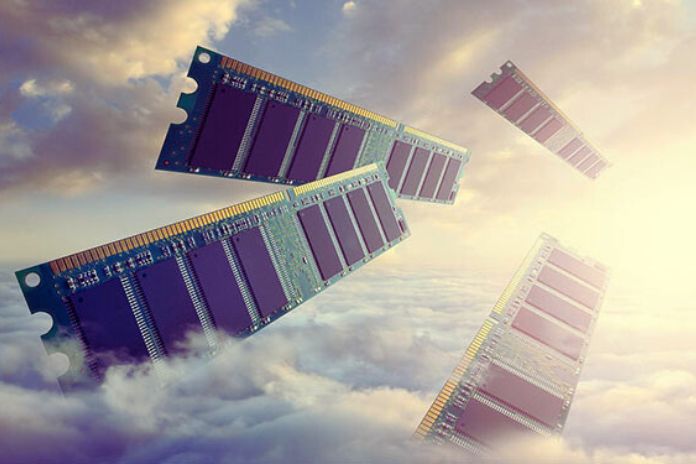Understanding the ideal storage capacity for your company’s computers and notebooks is to provide data security by ensuring that operations do not slow down in daily computing tasks.
When the machine is congested with data on the HD, in addition to being slow to perform any function, there is also the risk of a collapse in the system that can disappear with the information from one hour to the next.
On the other hand, storing everything, including the most critical data, in the cloud is not 100% safe, considering that a more dedicated hacker could invade the system due to any mistake by inattentive employees.
What a dilemma! You can continue reading this article to learn how to balance storage capacity, security and speed on corporate PCs.
What Is The Primary Trend In Digital Storage Today?
With the main objective of preventing company machines from becoming slow, managers prefer to reserve ample space on HDs, sending a considerable part of the information to the cloud, that is, to online applications that allow users to attach data.
There are several professional services for storing in the cloud: Dropbox, Google Cloud, and OneDrive, among other options.
If your store is small and does not have excess data, opt for the free packages offered by these services. Contract-free plans extend the ability to store informative content for more significant types of enterprises in information flows.
Depending on the budgets or informational needs of the business, it is cheaper and more practical to contract economic plans in terms of online storage capacity than to purchase a new HD, which, in addition to buying and installation costs, also has pre-established limits, unlike cloud services. They are expandable as per corporate demands.
What Should Be The Storage Capacity Of Corporate Computers?
Planning the storage capacity of a company’s machines is often decisive for daily tasks.
There are several different opinions in specialized reading on this subject. Part of the academic currents believe that the HD must have a spare of at least 50 GB to work effectively in the typical activities of secretariats and offices.
The amplitude to store must be more significant as the company works with heavier excesses of data such as advanced software, video, images, and audio, among others. In these cases, opting for more expensive and dedicated HDs that range from 500 GB to up to 1 TB is necessary.
Is It Worth Using A Mini Computer In Work Environments?
Mini PCs draw managers’ attention because of their low prices and the ease of being placed in the smallest spaces, which helps a lot in the case of smaller offices.
However, these machines do not seem to be the best option for those who also need a lot of storage capacity since there are limitations due to the small internal hard disks in devices of the genre that also have fewer functions and work slowly when using specific software.
Suppose you only need to perform simple activities, such as using Microsoft Word or Excel and accessing the internet for consultations, without storing heavy data. In that case, using an economical mini computer may be a good idea.
What Are The Best HDs?
ATA, SATA, SCSI and SAS are some of the most used HD models in companies and other countries. Better understand the characteristics of each format before you opt for a choice:
MINUTES:
Different versions of the cheapest HD model can offer a maximum transmission rate of 8.3 megabytes per second, an exciting average for companies that do not need to transmit data at extreme speed.
The storage capacity on the ATA hard drive can reach a maximum of 500GB. In this way, installing another HD for internal expansion is necessary, so it is not practical for businesses that require ample interior space in the machines.
SATAN:
These models have features that reduce energy consumption. The transfer rate can reach up to 150 megabytes per second, one of the main advantages of the version with a maximum transmission rate of 600 megabytes per second and storage of up to an incredible 3 TB.
Due to the diversified cost, the HD SATA represents an exciting solution for companies that need to work with many data of the most different sizes.
SCSI:
Similar to SATA models, with extreme storage capacity and transfer or transmission rates. These versions are more suitable for corporate than domestic use in homes.
SAS:
It symbolizes the evolution of other types of HDs, a dedicated solution that is successful in the advanced structures of companies that work with information technology. Low latency, rigid composition, dual processors and maximum work at 15 thousand revolutions per minute are the main advantages of the high market price model.
Also Read: Storage Automation Requires AI

